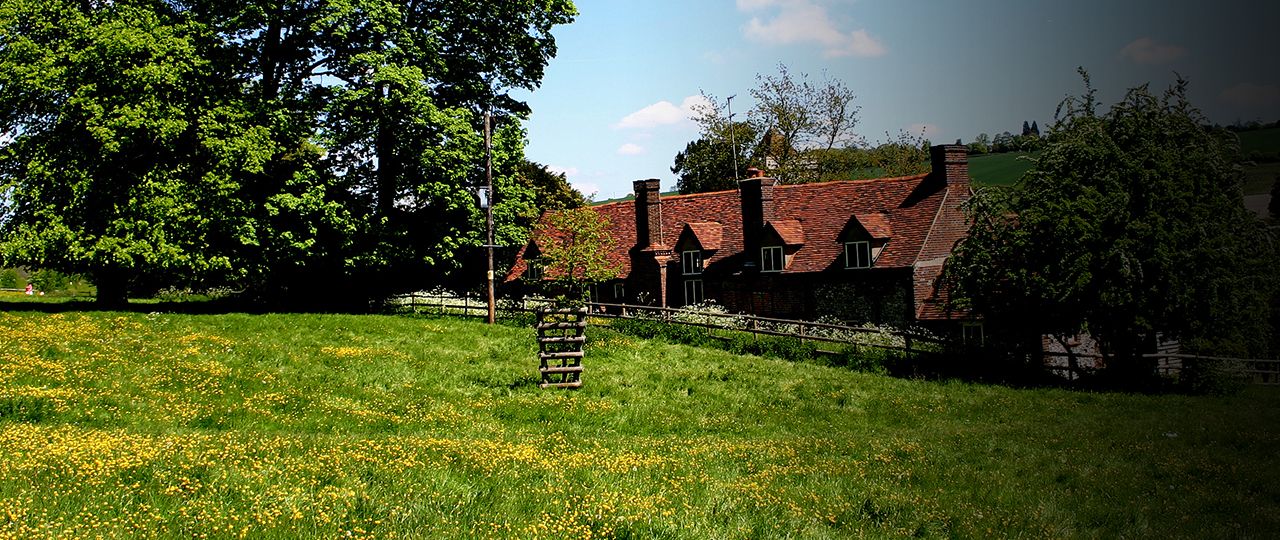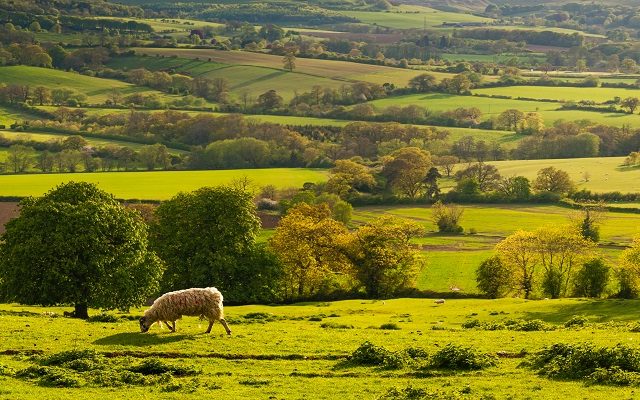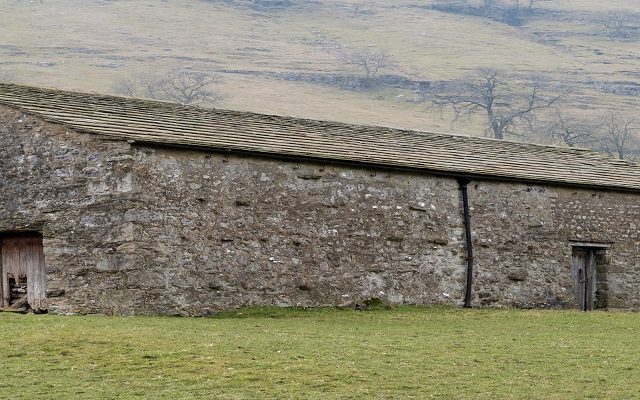5 fire safety tips for rural landlords
Rural landlords are being urged to check whether they are fulfilling their responsibilities when it comes to fire safety.
Many farm and estate owners rent houses to employees and other local residents, or have diversified into holiday cottages and commercial workspace and it can be hard for landlords to get clarity about their responsibilities on fire safety.
In our experience, not only do property owners want to make sure they are complying with all the basic legal requirements; many are also thinking about whether there are additional steps they can take to minimise the risks associated with fire.
The legislation on fire safety precautions for landlords differs depending on the type of property and the type of occupation.
For example, there are enhanced fire safety rules in place for shared houses (Houses of Multiple Occupation) and flats.
However, here are five key areas which landlords renting out self-contained homes or holiday accommodation in England need to consider:
- The Regulatory Reform (Fire Safety) Order 2005 covers all residential property used for paying guests, such as holiday lets, as well as commercial and agricultural buildings. It requires the ‘responsible person’ to carry out a fire risk assessment which needs to be an organised and methodical look at the property and the activities carried out there to see what the likelihood is of a fire starting and causing harm. The risk assessment needs to identify the fire hazards, reduce the risk of those hazards causing harm to as low as reasonably practicable and also determine what physical fire precautions and management arrangements are necessary to safeguard people, assets and the premises if a fire starts.
- The Housing Health and Safety Rating System (England) Regulations 2005 cover all let domestic property occupied by a single household, including any tied accommodation for workers on a farm or estate. The HHSRS is a risk assessment tool used by local authorities to minimise potential hazards in residential properties, even those which are privately let. Landlords are not required to carry out a formal fire risk assessment for let domestic property in the same way as they are for holiday lets, however, under the HHSRS they do have a responsibility to consider anything that may be a hazard and what can be done to reduce the risks. On a practical level, this means making sure that there are adequate means of escape from the building in the event of a fire, siting goods like cookers away from flammable materials and providing sufficient and appropriately sited electric sockets to avoid trailing wires and overloading the system. Property with gas appliances must be inspected by a Gas Safe registered engineer every 12 months and electrical installation safety checks should be carried out periodically.
- The Smoke and Carbon Monoxide Alarm Regulations 2015 require all private landlords in England to have at least one smoke alarm on every storey of the premises, and a carbon monoxide alarm in any room containing a solid fuel-burning appliance. The landlord is required to check the operation of the smoke alarm at the start of the tenancy. If additional fire prevention measures are included in homes, such as fire blankets and fire extinguishers, then it remains the landlord’s obligation to maintain the equipment.
- The Furniture and Furnishings (Fire) Safety Regulations 1988 require any furniture included in a let property to carry a label showing it complies with the legal standards for fire resistance, unless the furniture was made before 1950.
- Where a house has been renovated or extended then landlords will need to consider whether the changes meet the requirements of current buildings regulations (Building Regulations 2010 Part B). They may be required to install hard-wired smoke and heat detectors, a water sprinkler system and provide fire extinguishers, depending on the view of the Local Authority.
For more information, please contact Robert Gazely.






